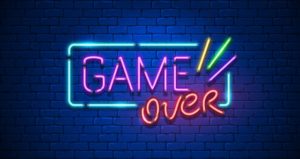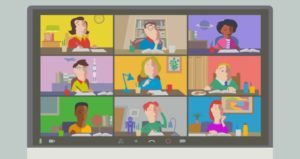
A Flexible Teaching Model: A Seamless Pivot from Face-to-Face to Online Teaching
When I envision teaching this fall, my highest priorities are social presence and flexibility. No matter the outcome of the fall 2020 semester, my goal

When I envision teaching this fall, my highest priorities are social presence and flexibility. No matter the outcome of the fall 2020 semester, my goal

This article is featured in the resource guide, Effective Online Teaching Strategies. In the Chronicle of Higher Education’s guide to student engagement, Cavanagh (2019) emphasizes

The global pandemic sent higher education institutions into a whirlwind as many faculty members scrambled to make the rapid transition from traditional to online courses.

This article is featured in the resource guide, Effective Online Teaching Strategies. I was in the middle of conducting a research study, examining my own

It is safe to say that online instruction may become to the traditional classroom what the telescope is to the naked eye. The future of

This article is featured in the resource guide, Effective Online Teaching Strategies. During a recent online class, a student posted in the chat, “We should

This article is featured in the resource guide, Effective Online Teaching Strategies. **Editor’s Note: This is a recent article from The Teaching Professor. If you

Creating a vibrant community is always on my mind, so the very first thing I do on the first day of class is pass around

This article is featured in the resource guide, Effective Online Teaching Strategies. The discussion forum plays a central role in our online graduate-level, advanced research

“No combination of words can put together the feeling of relief, comfort and gratitude I have towards your course and your fantastic TAs.” –Student comment,
Get exclusive access to programs, reports, podcast episodes, articles, and more!